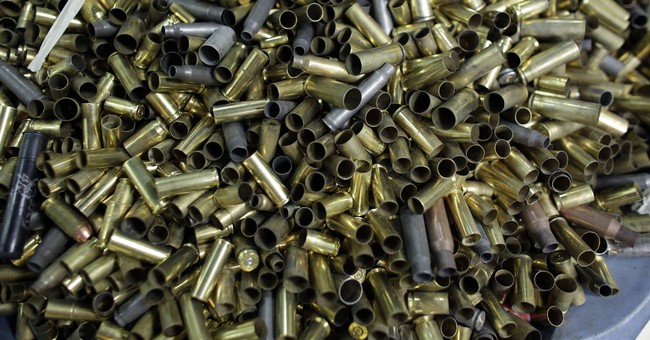California Man Committed As Teen Sues To Restore Gun Rights
By Tom Knighton
By and large, those who have been involuntarily committed to mental health facilities are prohibited from owning guns. The reason is that those whose commitments extend beyond short-term treatment often have deep mental health issues that may well make them a risk to the public should they obtain firearms. A paranoid schizophrenic, for example, could suffer a psychotic break and believe the people in a church are out to harm them.
At least, that’s the thinking.
However, what about those who are involuntarily committed and then never have issues beyond that time? Why are they prohibited from owning firearms when they clearly don’t represent a threat to anyone? In most cases, there’s a mechanism in place for people to get those rights restored, but what about in states without such a mechanism?
That’s the question at the heart of a lawsuit coming out of California.
A Sonoma County man who says he was committed to a psychiatric ward years ago at 18 is suing the federal government and California over his prohibition from owning guns.
Easton Stokes argues in his lawsuit that an “unconstitutionally broad ban” on firearms possession for anyone ever committed to a mental institution violates his Second Amendment right …Read the Rest
Source:: Bearing Arms

Leave a Reply